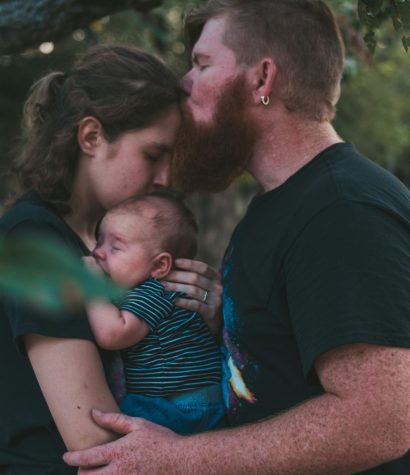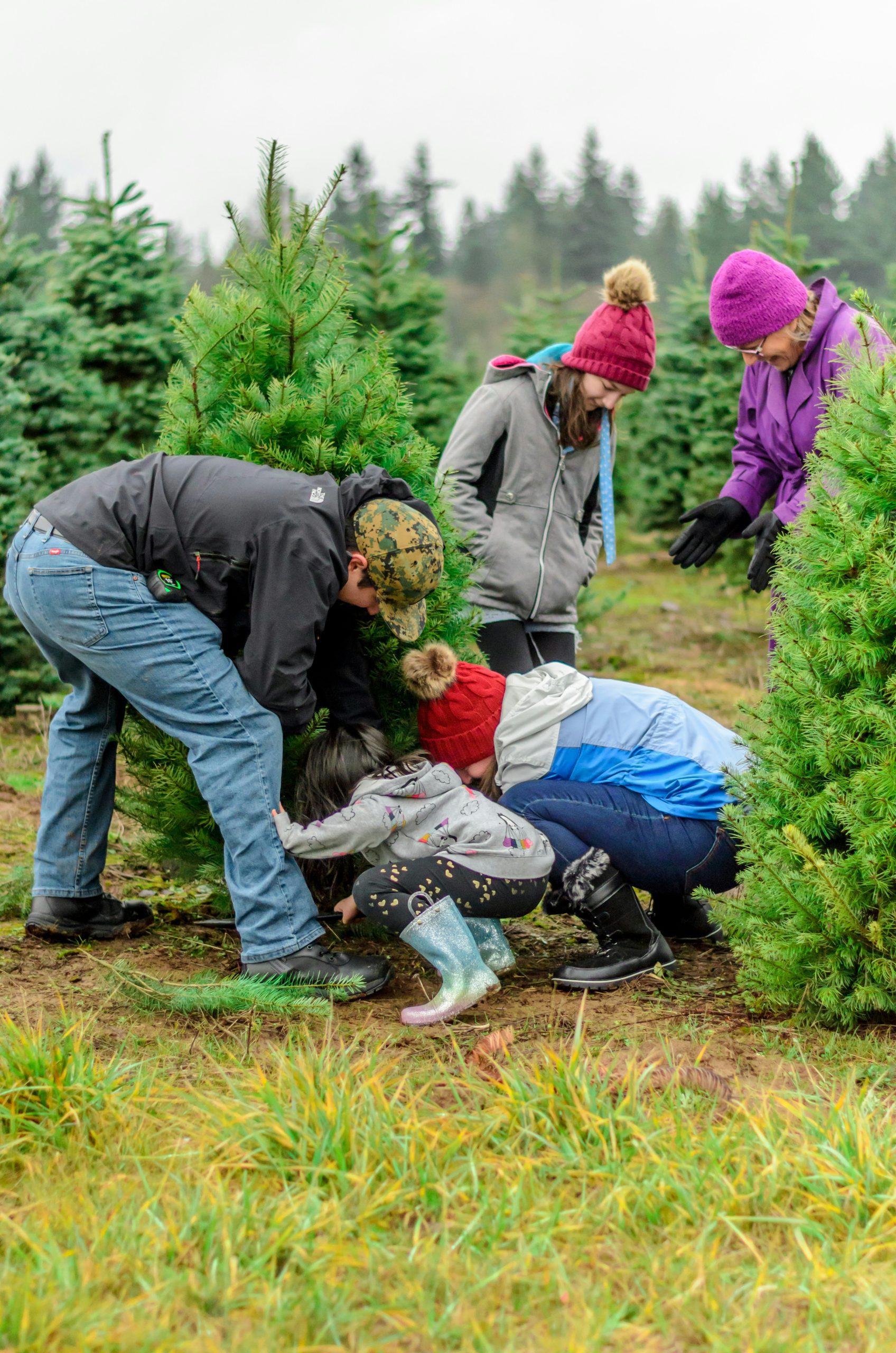How Do I Know When It’s Time for Couples Counselling? (and How to Find the Right Counsellor)
Relationships can be beautiful, rewarding and full of happiness, but let’s be honest—they can also be incredibly challenging. No matter how strong the connection or how deep the love, every couple hits roadblocks. Maybe the little things that used to make you laugh now feel like nails on a chalkboard, or the conversations you once had for hours have dwindled into awkward silences. If you’ve been wondering whether couples counselling might help, you’re not alone. As counsellors, we know that there can be a lot of stigma around counselling in general, let alone couples counselling. This blog will help you in reflecting on your relationship and seeing if couples counselling could be beneficial for your relationship.
So let’s break it down—how do you know when it’s time to seek professional support, and how do you go about finding the right counsellor for your relationship?

When to Consider Couples Counselling
For a lot of us, there’s a tendency to wait until things feel really bad before we reach out for help. But just like you wouldn’t wait for a car to completely break down before getting it checked, your relationship might benefit from support sooner than you think. Here’s the thing: by the time many couples start counselling, they’re already in crisis mode. While it’s never too late to seek help, earlier is always better. Think of counselling like preventative maintenance for your relationship. You don’t need to wait until you’re at your breaking point; sometimes, it’s just about learning how to communicate better or understanding each other on a deeper level.
Here are some common signs it’s time to call in some outside help:
- You’re Stuck in the Same Arguments
Do you ever feel like you’re having the same fight over and over, but with no resolution? It might start with something small—like who forgot to take the trash out—but somehow ends with both of you bringing up everything that’s gone wrong in the past year. If that sounds familiar, counselling can help untangle what’s really going on beneath the surface. - You Feel Disconnected
Maybe you’re physically together, but emotionally, it feels like you’re on different planets. You miss the way things used to feel but don’t know how to get back there. This kind of distance is common in long-term relationships, but it doesn’t have to stay that way.
3. There’s a Breakdown in Trust
Trust issues are one of the hardest things to deal with in a relationship, whether they stem from infidelity, dishonesty, or unmet expectations. Rebuilding trust is tough, but counseling provides a neutral space to work through the hurt and start rebuilding.
4. Life Is Throwing You Curveballs
Life transitions—like moving, having kids or infertility, losing your job, or dealing with a major loss—can stir up emotions you didn’t even know were there. These changes can be hard to navigate alone, and having a counsellor help you stay on the same page can make all the difference.
5. The “D Word” Is Coming Up
If separation or divorce has been mentioned—either seriously or in the heat of an argument—it’s definitely time to sit down with a professional. Perhaps you haven’t said that word our loud, but you’ve been thinking it for yourself. Counselling can help you figure out whether the relationship can be repaired or if it’s time to part ways respectfully.

How to Find the Right Couples Counsellor
Alright, so you’ve decided to give counselling a try. That’s a huge step—go you! But now comes the tricky part: finding someone who’s the right fit. Here are some tips to guide you:
- Look for the Right Qualifications
Not all therapists are trained in couples counselling, so you want to find someone who specializes in it. Look for certifications in approaches like Emotionally Focused Therapy (EFT) or the Gottman Method—these are proven methods for helping couples work through their issues. - Ask About Their Style
Every counsellor has their own vibe. Some are really focused on communication strategies, while others dig deep into your childhood or attachment styles. Think about what resonates with you and your partner. - Read Reviews or Ask for Recommendations
Just like you’d check reviews before picking a new restaurant, it’s worth seeing what others say about a counsellor. Ask friends, family, or your family doctor for recommendations. - Schedule a Consultation Call First
If your counsellor offer it, try a free consultation call with them first. Ask your questions, notice if they feel in alignment with your goals and make sure you both feel good about working with this counsellor. After that, the first session is kind of like a first date—it’s about seeing if there’s a good fit. Both you and your partner should feel comfortable and understood. If something feels off, it’s okay to try someone else. - Consider Logistics
Do they offer online sessions? Are their hours flexible? And let’s not forget about cost—make sure their rates fit within your budget, and ask if they’re covered under insurance.

What if I’m still unsure?
I know firsthand that seeking couples counseling can feel intimidating. Maybe you’re worried about being judged, or you’re not sure if your partner will even agree to it. But here’s the truth: choosing to work on your relationship is one of the most loving things you can do—for yourself and for each other.
A good counsellor isn’t there to take sides or tell you who is right or wrong. They are there to help you understand each other better, break down walls, and build something stronger than what you had before.
If you’re on the fence, consider this: counselling isn’t about pointing fingers; it’s about finding new ways to connect, communicate, and create a future that feels good for both of you.
Ready to Take the Next Step? Chat With a Couples Counsellor.
If you’re feeling stuck in your relationship, don’t wait for things to spiral further. The sooner you reach out for help, the sooner you can start working toward the relationship you both deserve.
Remember, it’s not about admitting failure; it’s about choosing to grow. And if you need support finding the right counsellor, feel free to reach out—we have trained and trustworthy couples counsellors on our team who would be happy to chat with you to see if they are the right fit!




